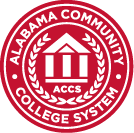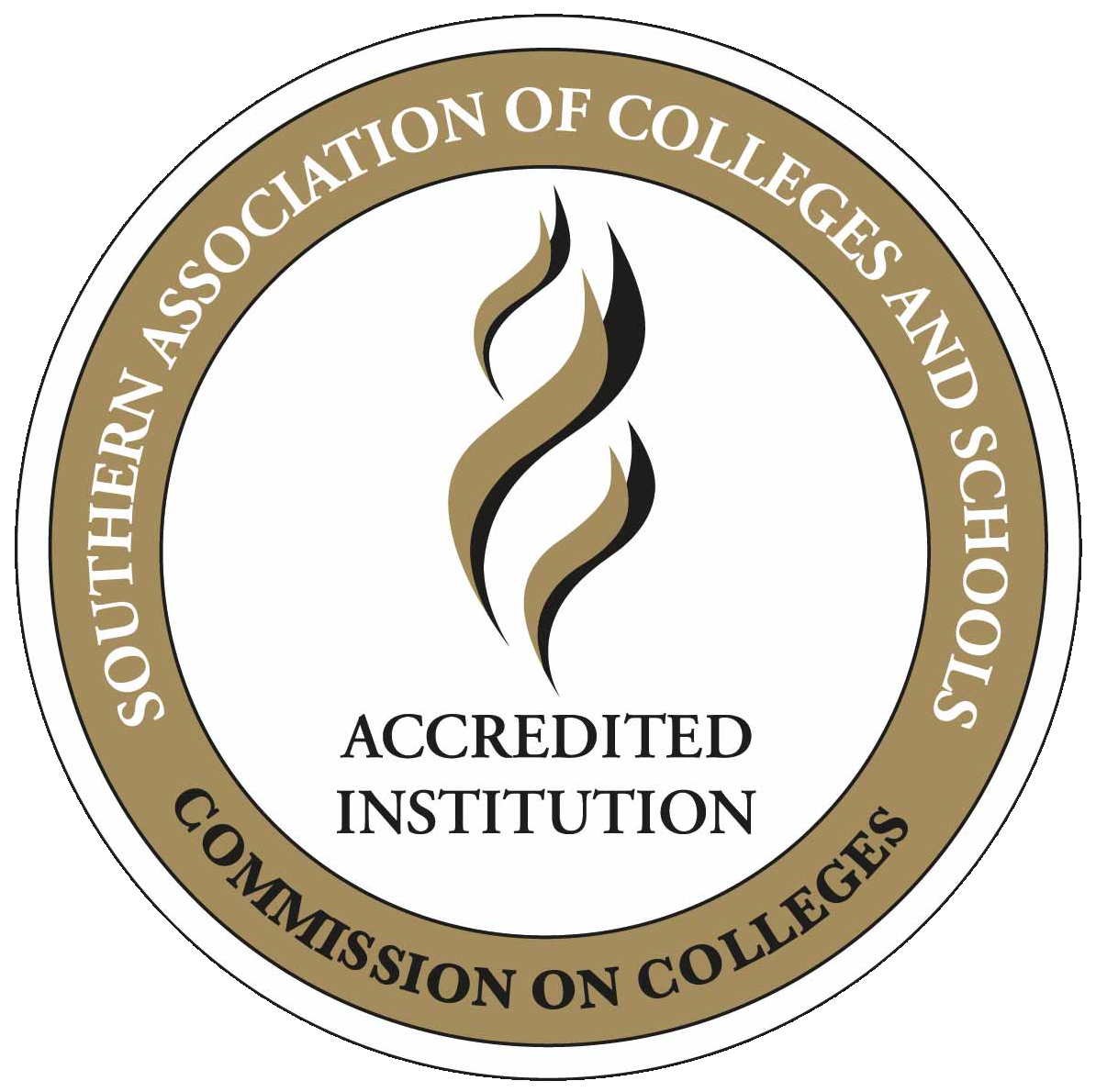Policies and Procedures for Information Technology Resources and Systems
Jefferson State Community College acknowledges that Information Technology (IT) resources and services are essential for support of the College’s instructional and administrative service functions. Policies and procedures relating to the following aspects of Information Technology usage are published in the Catalog and Student Handbook: Information Technology Resources Allocation; Responsible Computing and Acceptable Use; Internet Use; Email Use; and Telecommunications Facilities. (See Policies and Procedures for Information Technology Resources and Systems in the “Student Handbook” section of the Catalog and Student Handbook.)
Digital Millennium Copyright Act Peer-to-Peer File Sharing Policy
Copying, distributing, and downloading copyrighted materials, including music, videos, and games for which you do not have the owner’s (copyright holder’s) permission are a violation of federal law. Compliance with federal copyright law is expected of all students, faculty, and staff. Federal law provides severe penalties for the unauthorized reproduction, distribution, or digital transmission of copyrighted materials.
Penalties for copyright infringement include civil and criminal penalties. In general, anyone found liable for civil copyright infringement may be ordered to pay either actual damages or “statutory” damages affixed at not less than $750 and not more than $30,000 per work infringed. For “willful” infringement, a court may award up to $150,000 per work infringed. A court can, in its discretion, also assess costs and attorneys’ fees. Willful copyright infringement can also result in criminal penalties, including imprisonment of up to five (5) years and fines up to $250,000 per offense. The FBI investigates allegations of criminal copyright infringement.
Faculty, staff, students and affiliates using college infrastructure are required to comply with U.S. copyright laws. The college reserves the right to remove or limit access to material posted on college-owned computers if it is alleged that U.S. copyright laws have been violated. If the college determines that U.S. copyright laws have in fact been violated, the infringing material will be permanently removed.
Reporting Infringement
In accordance with the Digital Millennium Copyright Act (DMCA), all claims of infringement be in writing and include:
- A physical or electronic signature of the copyright owner or person designated to act on his/her behalf
- Identification of the allegedly infringed copyrighted work, including:
- Identity of the copyright owner, if not the complainant
- Contact information for the complainant or person designated to act on his/her behalf, including address, telephone number and, if available, email address
- Citation of the copyrighted work (author/creator, title/description, copyright date)
- Statement of copyright ownership
- Identification of the host Web site and sufficient information to locate it including:
- URL (Web address)
- Date, time, and time zone the Web site was observed
- The complainant must provide:
- A statement that the complainant has a good faith belief that the use of the material is not authorized by the copyright owner or the law
- A statement that the information in the notification is accurate and, under penalty of perjury, that the complainant is authorized to act on behalf of the copyright owner.
Response to Allegations of On-Line Copyright Infringement
Distribution of copyrighted material, including music, games, and movies, for which you do not have the owner’s permission is a violation of federal law and college policy. Popular file-sharing programs, such as KaZaA, LimeWire, Grokster, and Morpheus, commonly share downloaded music, movie and other files from your computer with users worldwide if you do not take specific actions to prevent this.
Copyright holders and their agents frequently scan colleges’ networks for copyrighted materials (especially music, games, or movies) that are available to others from computer systems on the college network. The Digital Millennium Copyright Act (DMCA) provides procedures that may be used by an Internet Service Provider (ISP) in dealing with claims of copyright infringement. As part of its compliance with federal copyright law, the College has designated a DMCA Agent who responds to bona-fide notices of copyright violations as follows. As part of its response:
- The college DMCA Agent or his designee assesses the DMCA Notice to ensure that it conforms to the statutory requirements.
- The college DMCA Agent or his designee requests that IT staff identify the individual responsible for possible copyright infringement using the Internet location of the allegedly infringing materials supplied in the notice.
- The DMCA agent or designee contacts the identified individual by campus email to report that the college has received an allegation of copyright infringement in which s/he is implicated.
- If the identified individual cited is certain that s/he is legally using the allegedly infringing material or that the copyright owner has misidentified the material, s/he may file a counter notice.
- A counter notice must include the following information:
- The name, address, phone number, and physical or electronic signature of the individual filing the counter notice
- Identification of the material and its location before removal
- A statement under penalty of perjury that the material was removed by mistake or mis-identification
- Consent of the individual filing the counter notice to local federal court jurisdiction
- If the identified individual is an employee, his/her supervisor will also be notified of the alleged copyright violation.
- If the IP address traces back to a privately owned computer, the issue is then closed. If the IP address traces back to a college-owned computer, a student-infringer will meet with the Dean of Enrollment Services for possible disciplinary action.
College’s designated DMCA Agent:
Dean of Campus Development & Campus/Legal Services
2601 Carson Road, Room 109
Birmingham, Alabama 35215
Other Means of “Effectively Combating” the Unauthorized Distribution of Copyrighted Material
With the use of firewall and proxy server appliances, the College is able to limit the bandwidth from lab computers and block the access to certain sites, including all file-sharing sites.
Legal Alternatives to Illegal File Sharing
There are many online legal options for music and movies. Artists and their recording labels have websites and many television network websites provide streaming of popular programs at no cost. Additional information on legal sources for online music and videos can be found at:
Reviewing Effectiveness
The college will periodically review the effectiveness of this plan to assess the extent to which our anti-piracy messages are reaching their intended audience, the extent to which our campus community is taking advantage of legal alternatives, and other aspects of our plan to combat the unauthorized distribution of copyrighted materials.



